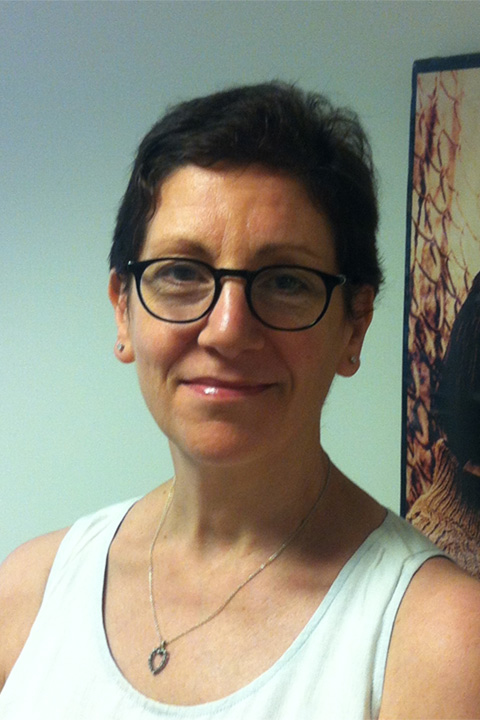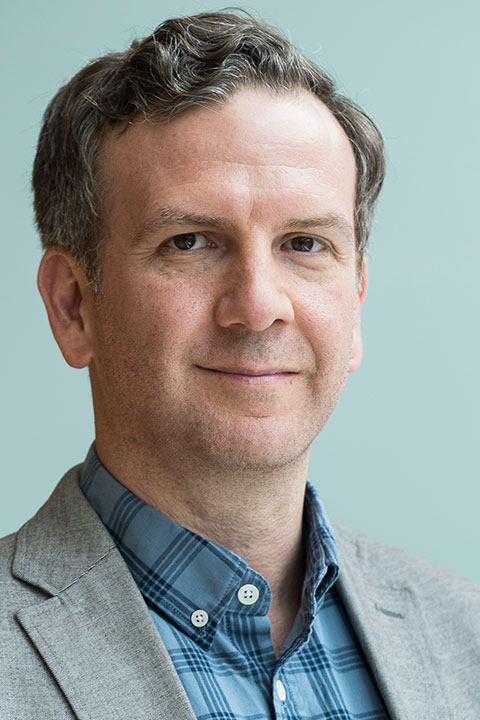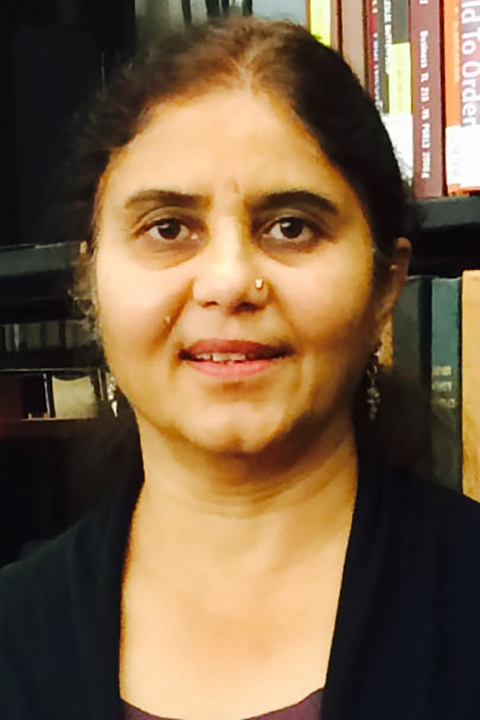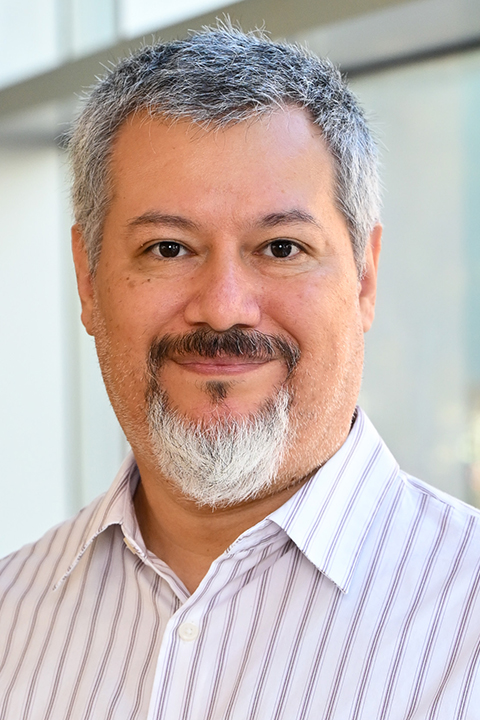Journalism
The journalism collection was established around 1913 and coincided with Joseph Pulitzer’s founding of the Columbia University Graduate School of Journalism. The collection included a reference collection for newspaper professionals and a reading room with one hundred leading American and foreign daily newspapers. Over the next one hundred years, the journalism collection grew to accommodate the trends and technologies that would characterize journalism of the 20th century.
Today, this collection contains approximately 28,000 volumes on the topics of journalism in the arts, broadcast, business, data, politics, science, and culture. This collection prioritizes materials that emphasize the multimodal platforms of journalism, including documentaries, multimedia storytelling, photojournalism, and expository writing. This collection also emphasizes the local economies, cultures, politics, and histories of New York City and its residents, especially between different boroughs and neighborhoods.
Additional areas of specialization include communications, mass media, media criticism, media impact on society, journalism ethics, journalism history, and journalist biographies and autobiographies. The reference collection is located in the Journalism Library and includes 130 volumes of encyclopedias, dictionaries, quotation books, style manuals, indexes, geographical dictionaries, and atlases deemed relevant to working journalists. Additional library collections in the arts, global studies, history, humanities, sciences, and social sciences complement the interdisciplinary nature of journalism research, scholarship, and practice.
a. Undergraduate
This collection supports the teaching and research initiatives of courses based in the Center of American Studies with an emphasis on journalism or news media. This collection also supports students enrolled in the following undergraduate courses taught through the School of Professional Studies: Introduction to Video Storytelling; Introduction to Audio News; and War Reporting.
b. Graduate and Professional Schools
This collection supports the faculty of the Graduate School of Journalism and the scholarly pursuits of students actively pursuing the following graduate programs: Master of Arts in Journalism; Master of Science in Journalism; Master of Science in Data Journalism; and Doctor of Philosophy in Communications.
This collection supports the following specializations within the Master of Arts in Journalism program: arts and culture; politics; science, environment, and medicine; and business and economics. This collection supports students enrolled in the following dual degree programs pursued congruent with the Master of Science in Journalism: Juris Doctor with Columbia School of Law; Master of Arts with the Department of Religion; Master of Business Administration with Columbia Business School; Master of International Affairs with the School of International and Public Affairs; and Master of Computer Science with the Fu Foundation School of Engineering and Applied Science.
This collection supports students enrolled in the following international dual degree graduate programs for journalism: Science Po in Paris French Journalism; University of Witwatersrand in Johannesburg; and Universitat de Barcelona in Spain.
c. Institutes, Interdisciplinary Programs, Etc.
This collection supports the following institutes and scholarly endeavors: Brown Institute for Media Innovation; Columbia Journalism Review; Dart Center for Journalism & Trauma; Delacorte Review; Ira A. Lipman Center for Journalism and Civil and Human Rights; and Tow Center for Digital Journalism.
This collection supports the following journalism graduate fellowships and programs: Documentary Program; Knight-Bagehot Fellowship in Economics and Business Journalism; Spencer Fellowship; and Stabile Investigative Program.
This collection supports faculty teaching the following programs hosted by the Graduate School of Journalism: the Columbia Journalism Video Workshop; the Columbia Publishing Course in New York; the Columbia Publishing Course in Oxford University; El Curso de Periodismo de Investigación de América Latina/Latin America Investigative Reporting Course; the Lede; Multimedia Storytelling Intensive; Punch Sulzberger Executive Leadership Program; Summer Investigative Reporting Course; and the three-day Audio Essentials boot camp.
d. Course Reserves
Selection for course reserves is up to individual faculty members. The Librarian will do whatever is possible to secure specific materials absent from the collection.
a. Print
Print materials collected include monographs, periodicals, annuals, scholarly series, and reference items on all aspects of journalism and news media. Due to space limitations in the Journalism library, print materials are primarily held in the Libraries’ off-site storage facility (ReCAP), with the exception of volumes with frequent usage housed in the Journalism Library. Print books within the scope of this collection may also be found in Butler Library, Lehman Social Sciences Library, Barnard Library, Avery Architectural & Fine Arts Library, and Law Library.
Select titles of newspapers and magazines are held at the Journalism Library and acquired in print for the purpose of researching layout design and print aesthetic. Reference items that are unavailable in electronic formats are collected and held in the Journalism Library.
b. Digital Collections
Columbia University Libraries offer a robust variety of electronic resources. The journalism collection strives to offer the full array of available databases relevant to the field, often sharing its holdings with other collections given the interdisciplinary nature of journalism. Electronic formats are increasingly preferred over print. Digital items may be acquired outright or may be part of a subscription service as appropriate, based on availability. Items with reduced barriers to access, such as DRM-free e-books or multi-user licenses, are preferred.
Columbia University Libraries is actively involved in the Ivy Plus Libraries Confederation initiative to preserve endangered websites related to journalism, journalists, and news media. The Libraries’ Web Resources Collection Program archives select websites in thematic areas corresponding to existing collection strengths. Related websites that have been preserved through this initiative can be accessed via the portal to this collection in Archive-It.
c. Media
Audio and video media are acquired in support of the documentary journalism program. Selection of these materials may be present as part of broader electronic collections or acquired upon specific request by a Columbia affiliate. Online media is prioritized over analog editions. Online media with reduced barriers to access, such as platform agnosticism and closed captioning, are preferred.
d. Languages Collected
We acquire English language materials extensively and other languages very selectively.
e. Chronological Focus
We acquire materials focusing on the 20th and 21st centuries extensively and earlier centuries selectively.
f. Geographical Focus
We acquire North American and Western European materials extensively and materials from other places selectively.
g. Imprint Dates Collected
The main focus of this collection is current and recent (+/- three years). We collect 20th-century publications extensively and earlier century publications extensively and earlier century publications selectively. When antiquarian acquisitions are offered via gift, no specific chronological ranges are established in advance; rare or unique materials from any period may be considered.
Columbia University Libraries has particularly strong and distinctive collections documenting the history of journalism in America, including the records and papers of newspapers and other periodicals, publishers, editors, reporters, documentary filmmakers, and television executives. The Rare Book & Manuscript Library holds the archives of Joseph Pulitzer, newspaper editors John Oakes and Sydney Howard Gay, television pioneers Roone Arledge and Fred Friendly, documentarians Pare Lorentz and Robert J. Flaherty, as well as distinguished columnists, correspondents, and reporters, including Walter Lippmann, Murray Kempton, Lincoln Steffens, Ernestine Evans, Herbert Matthews, and Harrison Salisbury. Additional special collections include the records of the Federated Press, Columbia Journalism Review, The World, Overseas Press Club, the Woman’s Press Club of New York City, and the Committee to Protect Journalists.
The University Archives has major collections focused on the Graduate School of Journalism including photographs, founding documents, and administrative records. The University Archives also maintain the Pulitzer Prize Awards Collection and Alfred I. duPont-Columbia University Awards Collection. Lehman Library holds the Master’s Projects Collection, an archive of graduate projects completed by journalism students from 1924 to the present. Projects from the last three years are housed in the Journalism Library.
a. Consortia and Collaborative Collecting with Other Institutions
The range of print materials focusing on journalism scholarship is greatly enhanced by Columbia’s participation in Borrow Direct, Online Computer Library Center’s (OCLC) SHARES network of international academic libraries, and the Manhattan Research Library Initiative (MaRLI), a partnership with New York University and The New York Public Library. MaRLI also enables Columbia to expand its electronic access to journalism electronic journals and books through cooperative subscription and acquisition agreements.
b. Location Decisions and Selection for ReCAP
Physical items are primarily sent to off-site storage unless purchased specifically for course reserves or by patron request. Duplication of titles is limited to works identified by faculty as being central to a specific course. In these cases, no more than a few copies are obtained, one of which should be placed by the faculty member on reserve. Deduplication only takes place when a title has been identified for relocation to ReCAP and a copy already exists on shelf at that facility. Even in this instance, the Librarian will inspect the copy that could potentially be withdrawn for any unique features/unusual provenance before assenting to deduplication.
Materials are periodically sent to ReCAP to make room for new books in the Journalism Library, using item level circulation statistics.
c. Deaccessioning
Books are deaccessioned only in cases where the physical copy is disintegrating and no longer serviceable in print format. In these instances, either a preservation photocopy is made or a digital surrogate created or obtained. Books located in the Rare Book & Manuscript Library are not deaccessioned. Newspapers are deaccessioned every two weeks. The Business Library and Butler Library maintain different deaccessioning schedules for their newspapers. Distinctive collections held in the Rare Book & Manuscript Library, the C. V. Starr East Asian Library, Avery Architectural & Fine Arts Library, and the Burke Library at Union Theological Seminary are not deaccessioned.
d. Digitization and Preservation
The Libraries’ Preservation and Digital Conversion Division (PDCD) regularly evaluates materials in the collections for preservation and digitization. Materials digitized by PDCD are accessible through CLIO, the Libraries’ online catalog, and are also made accessible through Google Books or the Internet Archive. A number of significant digital projects have originated from the Rare Book & Manuscript Library.

Nancy Friedland
Librarian for Butler Media, Film Studies, & Performing Arts
- Humanities & History

Thai S. Jones
Lehman Curator for American History; Lecturer in History
- Rare Book & Manuscript Library

Yasmin Saira
Research Support & Collection Development Librarian
- Science, Engineering, & Social Sciences Libraries

John L. Tofanelli
Research Collections & Services Librarian
- Humanities & History

Jeremiah Trinidad-Christensen
Head, Research Data Services
- Digital Scholarship
Last updated: January 2019